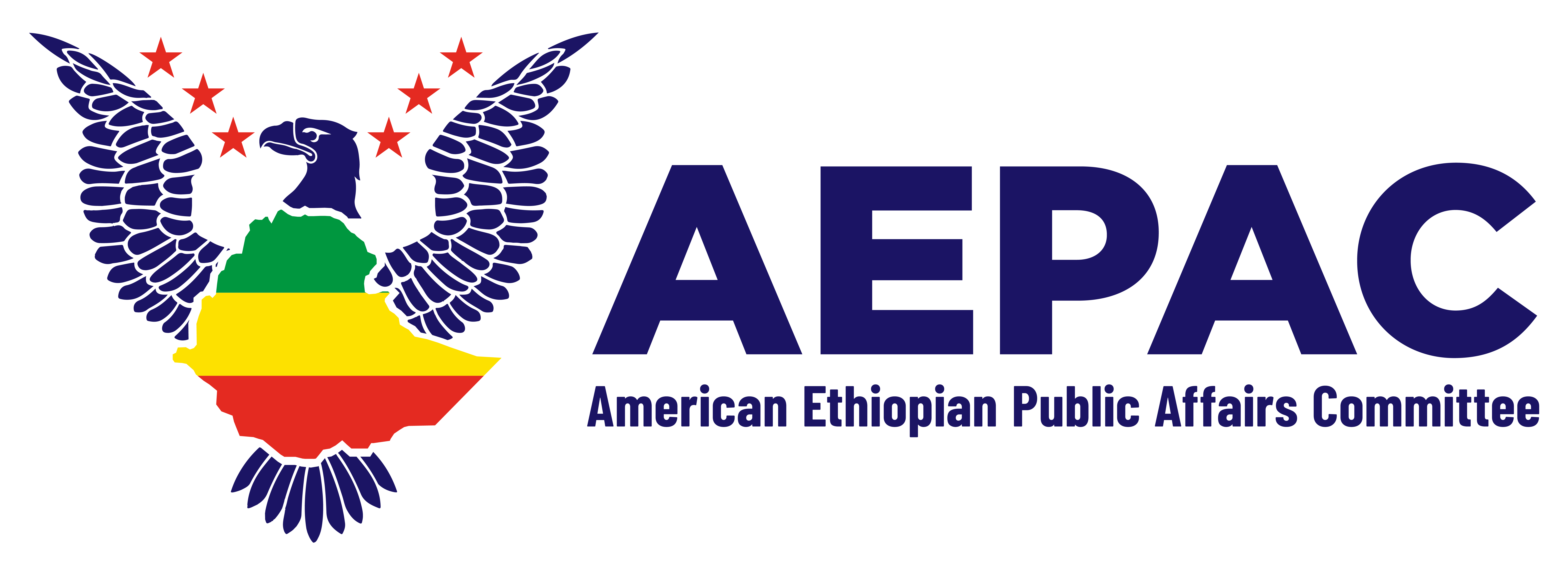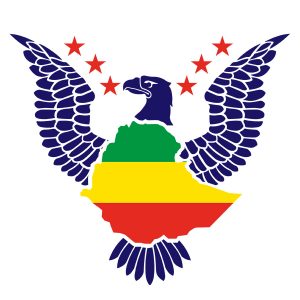TWISTED: Is Abiy Ahmed the world’s worst head of state? Researcher Ann Fitz-Gerald, believes that the Western understanding of the Ethiopian war is shamefully unvarnished.
– When international law is broken and horrible things happen, you support the devil you know best. Apparently also if the one you know the least is a democratically elected government.
Ann Fitz-Gerald, professor of international security and director of the Basillie School of International Affairs in Canada, said in a video interview with Klassekampen.
She recently took a hard line with US Ethiopia policy together with co-author Bronwyn Bruton in the magazine Foreign Police’s expert column Argument, in which she also examines the international community’s approach to the war in the country.
For over a year, fighting has raged in northern Ethiopia. The war broke out in November 2020 after soldiers from the rebel group Tigray’s Liberation Front (TPLF) attacked and took control of the government forces’ military base outside the Tigray region’s capital Mekele.
The attack, in addition to the illegal holding of local elections, triggered a major government offensive against the northern Tigray region. Prime Minister and Peace Prize winner Abiy Ahmed assured people that it would only take weeks to defeat the insurgency.
That was not the case.
On the contrary, the war has spread. When government forces withdrew from Tigray last summer, the TPLF moved into neighboring Amhara and Afar regions, which have since been the scene of the most brutal fighting throughout the autumn. In addition, the airstrikes against Tigray have continued.
David and Goliath?
The world has followed the developments from the outside, with very limited access to secure information. Consequently, observers quarrel about almost everything: Who started the war, the military capacity of the various parties, who is behind the abuses against civilians. and who of them prolongs the war.
Despite all this uncertainty, the international community has been surprisingly quick to take a stand, Fitz-Gerald believes.
She has worked in Ethiopia for about 20 years, and was the last to do so a few months ago. The professor has conducted almost 80 interviews with the Ethiopian government forces’ offensive against the Tigray region – including with TPLF members. The reality has witnessed on the ground, conflicts strongly with the narrative in the international media.
– Equally serious crimes have taken place in Amhara and Afar. Nevertheless, most international actors treat this war as a Tigray war, she says, adding:
– Abiy is also being accused of being a dictator, and of having started the war.
There are several examples of this, both in Norwegian and international media. Here at home, a Morgenbladet panel recently named Prime Minister Abiy the world’s worst head of state.
According to Fitz-Gerald, the other party, TPLF, is often given the role of vulnerable “underdog” in international media discourse – even though the group has proven that it has military capacity enough to threaten to occupy the capital Addis Ababa. She believes that the world community tends to forget that Abiy is a democratically elected head of state who is challenged by a non-state armed group and former authoritarian ruling party for 27 years.
The David and Goliath narrative has been helped by TPLF’s “professional and targeted communication strategy”, aimed at the international community, Fitz-Gerald claims.
Among other things in the article she points out that TPLF supporters began spreading the hashtag #TigrayGenocide on Twitter just hours after the government’s counterattack against TPLF’s occupation of the military base on November 4, 2020. Thus defense against an armed group was portrayed as an attack on an ethnic minority, she explains.
More devils
What is certain is that the war has cost thousands of lives and driven over two million to flee. Massacres, ethnic cleansing and mass rapes have been reported frequently. Reports from the UN and humanitarian organizations have concluded that horrific abuses against civilians have been committed from all sides in the conflict.
Due to “gross violations of human rights” by Eritrean and Ethiopian government forces, the United States has put heavy pressure on Abiy, including by throwing Ethiopia out of the African Growth and Opportunity Act (Agoa). As a result, thousands of Ethiopians have lost their jobs, and female workers in the textile industry have been particularly hard hit.
However, the TPLF has escaped sanctions.
– The fact is that until now, TPLF is the only player in the war that has not received any sanctions against it. This is despite the fact that the TPLF initiated, expanded and extended the war, she claims.
– This is so obvious that it is shameful. Someone has to break the silence.
In the Foreign Policy article, Fitz-Gerald launches a frontal attack on the United States. She believes the Americans are responsible for significant parts of the destruction in Ethiopia.
As an example, she cites US pressure on Prime Minister Abiy to withdraw his troops from the Tigray region this summer. It had catastrophic consequences, she believes.
– They thought they would have a better opportunity to support the Tigray population if the government forces were out of the region, and they could cooperate with the local authorities. But the local authorities proved to be more concerned with strengthening the armed uprising than with humanitarian considerations, she says.
While the Nobel Committee this week told the news agency AFP and Morgenbladet that Prime Minister Abiy has a special responsibility to end the conflict, Fitz-Gerald believes that the only thing that can stop the war would be the US pressuring TPLF leaders to surrender. The problem is that they lack incentives to do so.
Powerful friend
During his 27 years in power in Ethiopia, the TPLF became an important ally in the United States’ war on terror. They became so by virtue of being the “spearhead” of the Americans in Somalia, in the words of Fitz-Gerald. The then TPLF-dominated army invaded Somalia in 2006 with the aim of crushing the guerrilla Islamic Union, which the United States considered a threat to national security.
The Ethiopian military occupied the country for several years – an occupation that provided fertile ground for the al-Shabaab militia that is now ravaging the area.
The US stance has become particularly clear with current President Joe Biden. His administration consists of several old friends of the TPLF management. Among them is Susan Rice, a former national security adviser and now head of the Biden administration’s domestic policy council.
But US interests in Ethiopia do not stop there. For while Chinese, Turkish and Russian influence in the Horn of Africa is increasing, the United States has been sidelined.
– Abiy’s policy is largely about regional independence. It is not in the interest of the United States, which wants influence in the region, control over maritime passengers and thus access to resources in and around Ethiopia, says Fitz-Gerald.
Ethiopian opponents of the TPLF are painfully aware of the close ties between the United States and the group. Many have interpreted the sanctions against the authorities and the bias in Western narratives about the war as an attempt to delegitimize Abiy and re-wash the TPLF’s name and reputation.
According to Fitz-Gerald’s article, some even suspect that the United States supports the TPLF uprising in order to intervene and oust the government.
– Do you think Ethiopia could be the next US regime change war?
– I do not think Ethiopians had allowed it, and the United States had to have more great powers on the team, says Fitz-Gerald.
– Rather I think that the United States will continue to isolate itself if they continue this policy. Also, the United States knows that TPLF is not wanted by most of the population. Nevertheless, for some reason they seem to be obliged to facilitate the TPLF to have a role in Ethiopia, says Fitz-Gerald.
Pressed to negotiate
In November, the TPLF was ready to occupy the capital Addis Ababa, similar to when the group overthrew the Marxist Derg regime in 1991. In recent months, however, the wind has turned and government forces have pushed the TPLF back to Tigray.
Last week, the government made it clear that it wants dialogue with other parts of the political opposition after releasing several opposition leaders who have been detained during the conflict.
“One of the victors’ moral obligations is dialogue,” the government said in a statement, according to Foreign Policy.
But despite pressure from the Americans, Abiy still rules out negotiating with the TPLF. Fitz-Gerald believes that all Western leaders would have done the same.
– Abiy should not negotiate with a non-governmental armed group. No western country could be pressured to do something similar, she says.
– TPLF continues the insurgency strategy where they use information and partners to undermine the government, and in addition they use conventional warfare in an attempt to conquer strategic areas to gain bargaining power. This is what the United States supports when it chooses not to sanction TPLF – whether intentionally or not.
Klassekampen has tried to reach TPLF and the group’s spokesman Getachew Reda for a response to the criticism, but had not received an answer when the newspaper was printed yesterday”
The original article can be found here – https://klassekampen.no/utgave/2022-01-15/gir-usa-skylda-og-ansvaret

